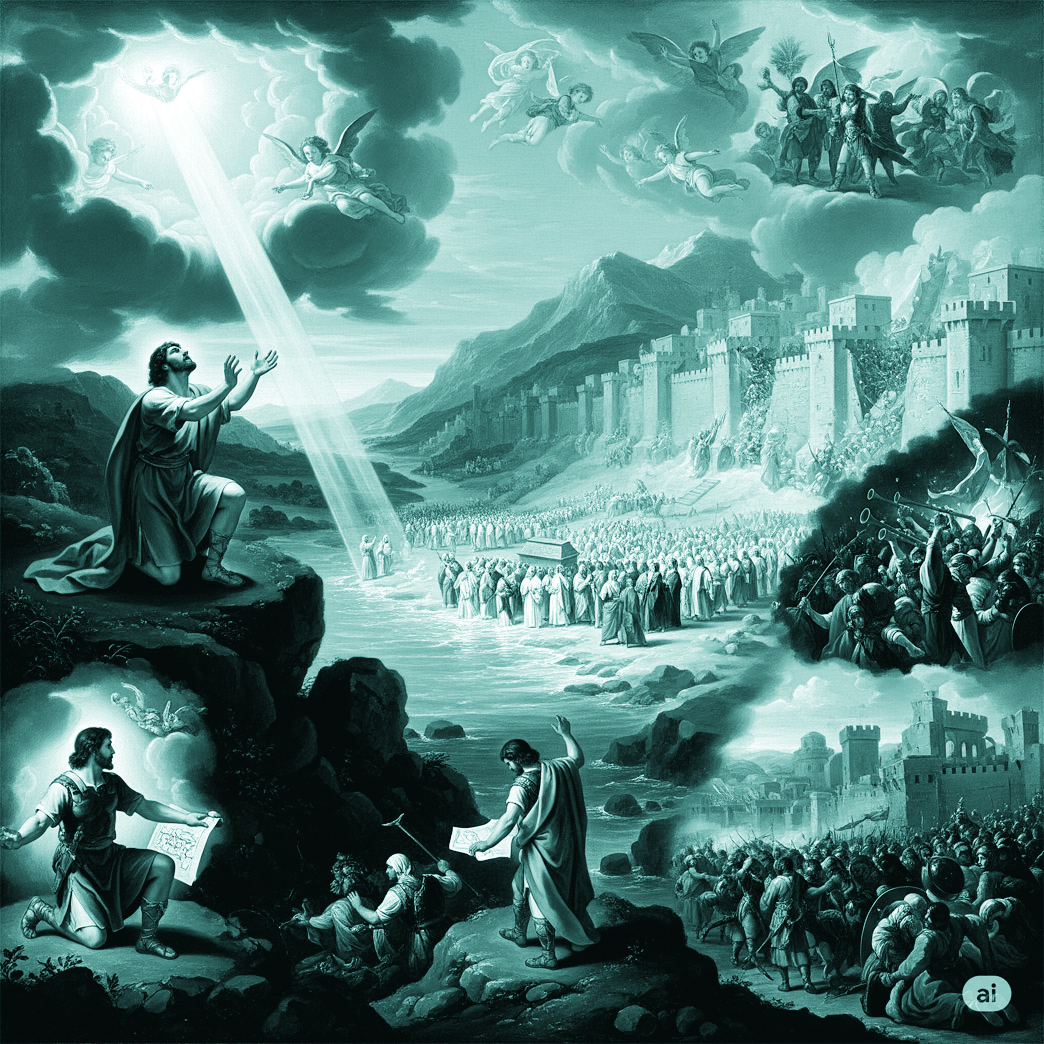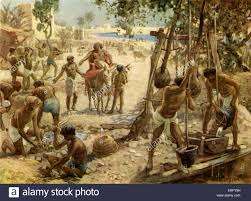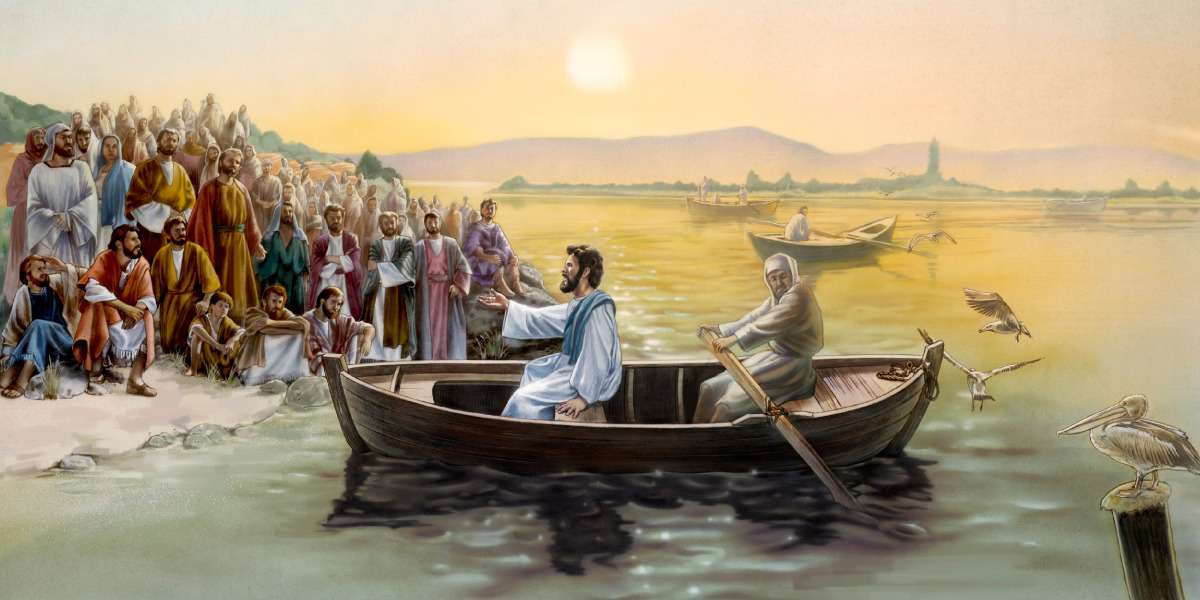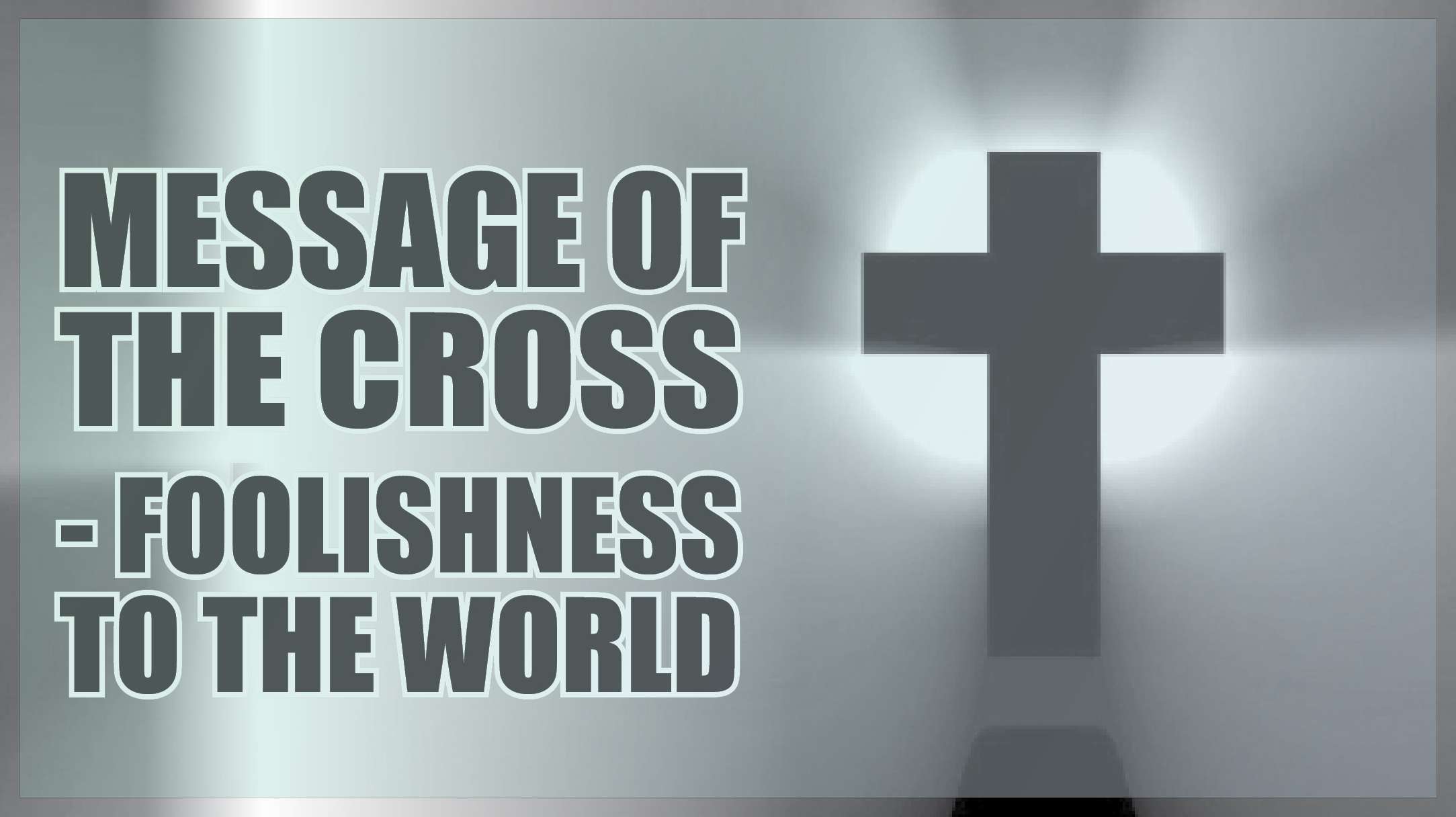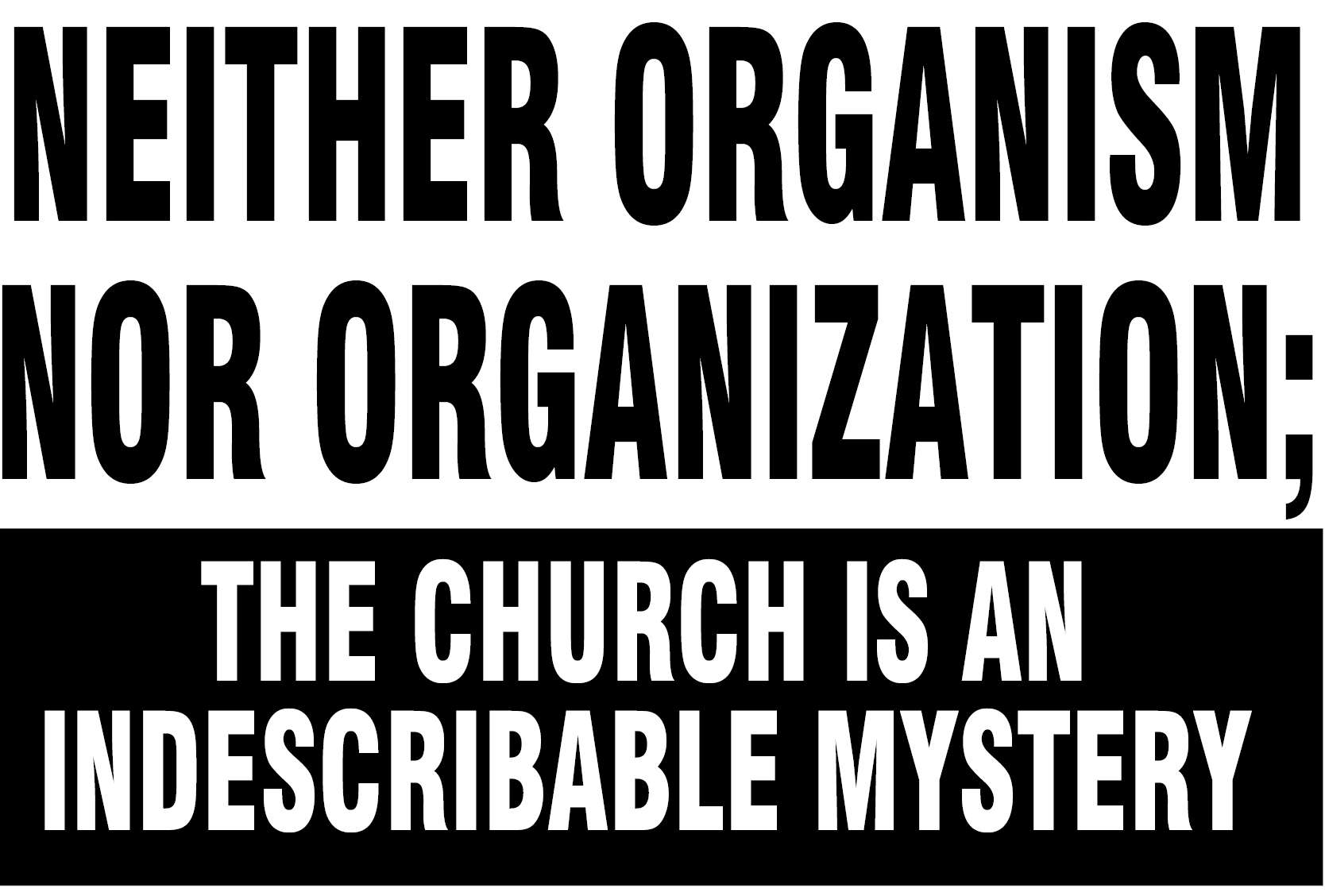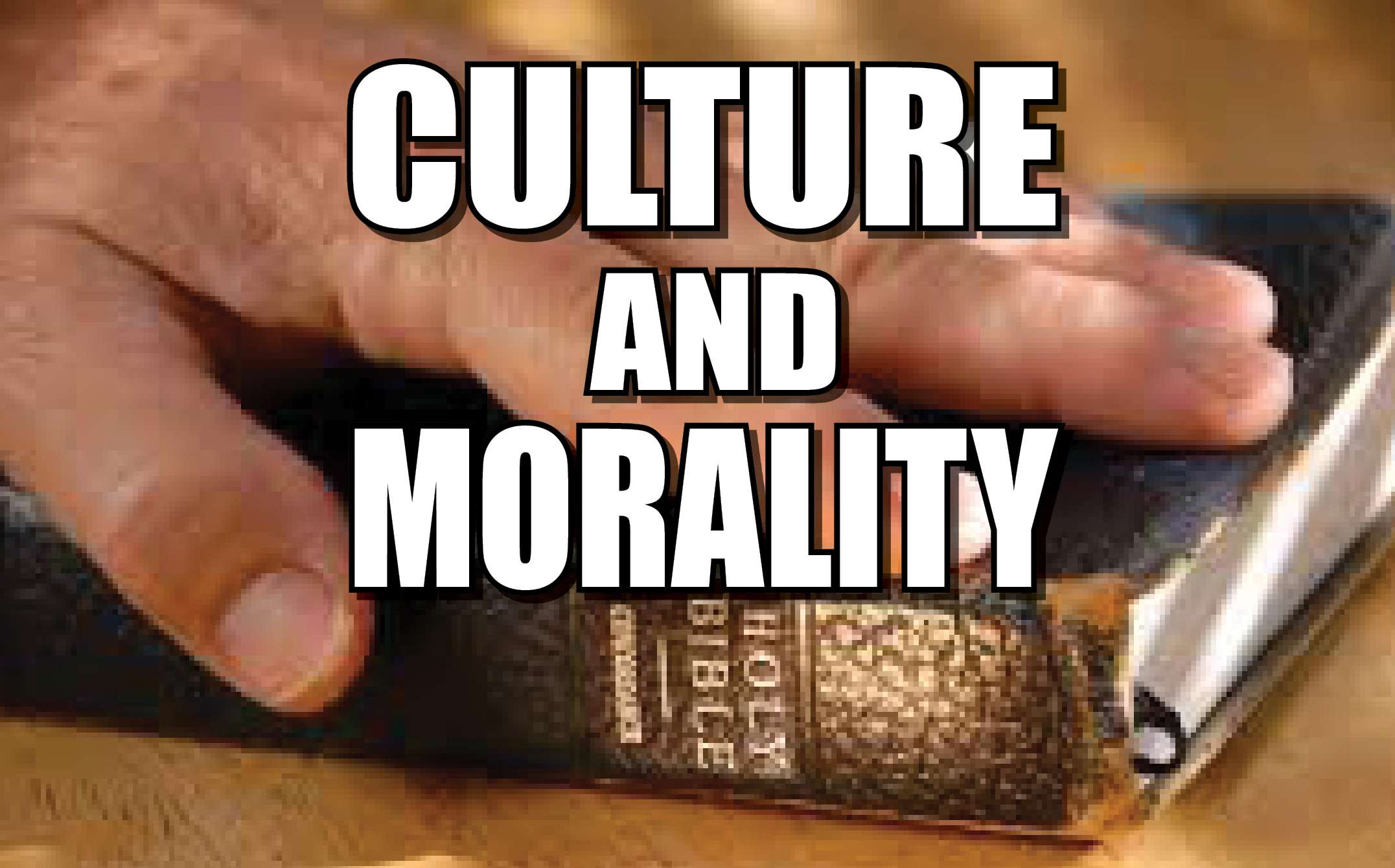

Disciples Choose Generosity
Dr. J. N. Manokaran
Generosity is a spiritual choice. Giving is not just for the rich, it is for poor too. Paul writes that the Macedonian church believers gave out of poverty. (II Corinthians 8:1-5) Disciples who love the Lord choose generosity.
I. Learning to Give
Giving does not come naturally. In the 19th century when missionaries served in South India, they taught them to be generous. It is not just money, it could be in kind like rice, vegetables, eggs, chicks, time, encouraging words, counsel, knowledge…etc. It does not become a people’s movement until this becomes a biblical practice, experience blessings and see in context of Kingdom vision. Credit goes to Bishop V.S. Azariah, who mobilized women to separate a handful of rice (pidiarisi) and save it separately whenever they cook for family. This collected rice is brought to the church as offering. People who experienced famine, knew the value of handful of rice, gave enthusiastically and cheerfully. This was foundation for more giving – vegetables, eggs, chicks then of course money. Least coin movement, when a person sets aside the specific coin, whenever he gets for mission. Thousands of families living in poverty, when they embraced Christian faith and learnt the ‘grace of giving’ they were lifted out of poverty and became ‘middle class’ and many ‘middle class’ Christians who gave generously have become ‘rich and prosperous’ today.
II. Standard of giving
One Bible teacher was invited to speak in a mega church. He had conversation with a prominent member of the church. The member was bragging about his faith journey. “When I came to this church ten years ago, I came riding a cycle. Then God blessed me with a motor bike. Now I own a Hyundai car. Next year, I plan to buy Honda city. My two children are now studying in the best English medium school in the city. They are planning to study abroad. We have moved from two room apartment to four room villas. In short, God has prospered me and raised my standard of living.”
The Bible teacher said: “Praise the Lord. It is wonderful testimony. Do you know why God increases our wealth?”
He replied: “God wants us to be prosperous, blessed, rich, and wealthy in this world.”
“Is there any purpose for the blessings or prosperity?” asked the teacher. The person who called himself as blessed did not know ‘Why’ God has exalted him.
The Bible teacher explained: “God raises our standard of living to test us; are we better stewards? When standard of living goes up, our standard of giving should go up.”
He was puzzled and gave a sheepish smile. The teacher explained: “Brother you gave 10% (tithe) to the Lord when you came on a bicycle, the same percentage when you came on a motor bike; obviously the same percentage when you are coming in your car. Have you increased the percentage of your giving?”
III. Money and Wealth
For some money is ‘good’ and some miss one ‘o’ and is ‘god’; for some money is equal to God but not god yet. There are many who see money as evil or devil or equal to devil. But all said and done, money is an enigma for most of humanity. Money and wealth are considered as security by many. Having enough money will provide secure future. In case of emergency, like sickness, this would help. (Some may have medical insurance). Or a business loss could be offset if there is enough money. Wealth if money in different forms: shares or assets or real estate or gold. The values for these are expected to go up, so when converted to cash, the money is larger than the amount invested. In a way, surplus money is channeled into creating wealth. Some time, people try to create future wealth by savings and investing. Few have surplus money, which they like to use it for themselves. That is beyond their need, which could be termed as multiplying the comfort and taken to extreme level termed as luxury.
3.1. In vs out
Human beings do not bring anything – material thing into the world. So, they do not bring money or wealth with them when they are born. Similarly, they cannot take anything with them. Naked you come into the world and naked you go away from the world. Job declares that he came naked from mother’s womb and would return naked i.e., without any wealth from the earth. (Job 1:21) That means the money and wealth could be used only while living on earth, hence it belongs to the world, and it could termed as worldly or earthly.
3.2. Temporal Vs. Eternal
Is money temporal? Money or currency in one country may not be valid in another country. In that situation, how it could be valid in eternal sense? Both Job 1:21 and Ecclesiastes 5:15 expound the principle that material things belong only to this world. These things do not have lasting value so irrelevant in the eternal perspective. So, contentment cannot spring from the material things.
Money could be used in such a way that the rewards are eternal. Using the wealth in such a way, that makes difference in the lives of people. Earn with temporal things the eternal rewards. This is not reward offered by airlines or retail chains. May be money given to print a tract, and through that tract one person comes to the Lord. That means the money has earned eternal rewards. This is the meaning of showing treasure in heaven. (Luke 12:34)
3.3. Creating wealth Vs Creating consumerism
The Parable of Talents (Matthew 25:14-30) teaches about creating wealth. The five talented person was expected to earn and he earned five more talents; so did the person with two talents. That means they invested and created wealth. Another extreme was the one talented man did not use it up or invest but buried it. It did not do well either for him or others. Another option was to eat up the one talent – use it for selfish purposes. In a way that is the methodology of mindless consumerism.
3.4. Content or discontent
Money inherently is not evil, but the attitude towards money. The Christian goal is a genuine relationship with God, our source of contentment, and a healthy detachment from material things. This gives a bonus of Great Gain. (1 Timothy 6:6) Contentment is combined with spirituality or godliness. Ungodly people cannot be content with what they have.
3.5. Need or greed
There is a vast difference between need and greed. God has promised to meet our needs and not greed. Greed is insatiable desire to have more. It drove Judas one of the disciples of Lord Jesus to sell Lord Jesus for 30 pieces of silver. He loved the money and betrayed. Then he hates the money and throws it in the temple (Matt 27:3). The wealth earned by greed could become bitterness to the soul.
3.6. Wealth Vs. Worth
There are some people who believe a worth of a person is determined by the wealth he or she possesses. Life does not consist of abundance of riches. (Luke 12: 15) The more the wealth, more the worth is the philosophy of the world. In malls the owners love to have people who could spend. Only those who could buy their commodities are worth of dignity or welcome. Others could be kept out of the mall. In God’s perspective the wealth does not determine the worth. In fact the woman who gave the least was worth of mention of the Saviour as was the woman who anointed Lord Jesus with expensive perfume. (Mark 12:41-44; Mark 14:3-9)
IV. Discipline of Giving
There was a disciple of Lord who migrated from a village to a city in India. He started a small shop for hair dressing, the only skill he had. As a God-fearing man, he will open the shop with prayer, first read the bible and then begin his work. On Sunday morning the shop will be opened only after Sunday worship service. Each day, the first income from the first customer and the tithe of whole day income would be separated and placed in a box. Each week he will take it to the church and offer it unto the Lord. Indeed, the whole family was blessed, his children became government officials.
4.1. No giving:
There are many Christians who do not have the spiritual discipline or habit of giving. They have excuses like: Will my giving make any difference? The church has so much money.
4.2. Reluctant Giving:
Offering time in the worship service is a hated aspect for some. They search for the least coin, which they carefully bring to offer. It is done with a sense of duty or to give an impression to others that they also give. Perhaps, Cain was reluctant to give, but gave just because Abel did. (Genesis 4:3-4)
4.3. Measured giving:
Many Christians calculate and make sure they give tithe like Pharisees with a great expectation of rewards. (Luke 11:42)
4.4. Planned giving:
The hairdresser in a wonderful example, had planned a systematic way of giving. Though not much educated, he was able to create a process for his daily disciplined giving.
4.5. Cheerful giving:
God loves a cheerful giver. (II Corinthians 9:6-8) This person rejoices in giving. The poor widow gave all, 2 mites (0.2 percent of a daily wager), and did not even think of keeping one for herself. Cheerful giver forgets about himself/herself, is focused on God, hence gives joyfully.
4.6. Spiritual giving:
Gratefulness to God’s abundant grace, unfailing love, marvelous gifts, most holy faith, great salvation, and promise of eternal life with Him; is expressed in cheerful, joyful, and generous giving. That shows the spiritual maturity of a believer.
V. Warning against Mammon
Lord Jesus Christ warned against worshipping ‘mammon’- Money, Material wealth or greedy pursuit of wealth. (Matthew 6:24) Satan wants to offer an ‘alternate truth’ which is a lie. Satan’s acceptability is impossible, if he shows his real nature. Hence, Satan personifies himself as an attractive option: ‘mammon’. Made slave by mammon, a person yields all faculties, abilities, skills and opportunities to the master, who controls, dominates and dictates his life. Possession of wealth does not create a mind-set of contentment. Instead, it takes a sprint race towards more wealth, which seems to be ever within reach, put always a moving target. Paul writes that ‘Godliness with contentment is Great Gain.’ (I Timothy 6:6) Those who choose ‘mammon’ like the rich farmer, do not know the meaning of life. (Luke 12:15,19) Those who choose to worship ‘mammon’ tend to be misers. They cannot stand the presence of poor, dirty and needy (Proverbs 19:17). Today, ‘mammon’ has been modified, adapted, morphed, magnified, portrayed, and advertised as ‘god for gullible people’.
VI. Challenge
In the world, when people, and even governments are generous for funding destructive causes, that results in death, decay, violence, war, and destruction. Christians are called to be generous in doing good, being good, modelling good, inspiring good. Love of God transforms us to be generous for common good and for the glory of God.

